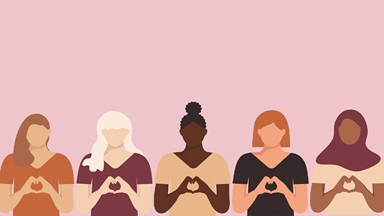Loading component...
At a glance
By Emma Foster
Anne La Fontaine FCPA
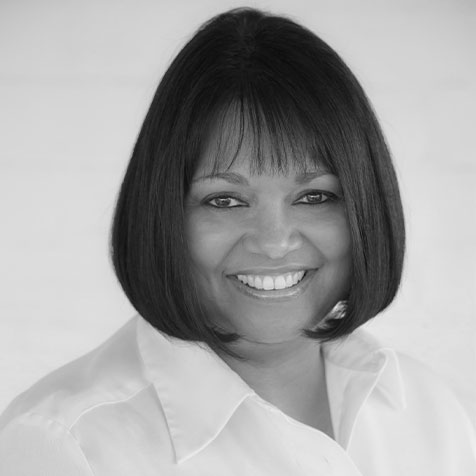
CFO Australia and New Zealand, NTT DATA
Economic empowerment is critical for creating a gender equal world. For women to build economic literacy, we must have courage and confidence, supported by knowledge and resources.
If we are to shine, we must ask ourselves, “How do I gain more knowledge?”, “Where do I go for resources?” and “How do I find the confidence to tackle issues?”
Yet obstacles persist. In education, investment is needed to engage more girls in non-traditional fields, particularly STEM.
In financial literacy, more girls and women need support to build secure futures and the confidence to have tough discussions.
In employment, women need better access to opportunities for roles traditionally dominated by men, and we must break expectation barriers to women’s advancement.
In my life and work, I have found opportunities to make a tangible difference, giving back to women, the profession and our community. I encourage others to do the same, in two simple ways.
First, by exploring mentoring opportunities – a network of trusted advisers is crucial for women to share and access knowledge, resources and confidence.
Second, by being open to opportunities outside your comfort zone, which enable you to grow, find advocates and build friendships. For example, volunteering on CPA Australia’s Victorian Innovation and Technology divisional committee was suggested to me by a colleague – a simple act that has helped me on my professional journey, while allowing me to share my experiences.
To move the dial on gender equality, it is incumbent on us all to look for ways to make a positive difference by coaching, sponsoring, educating and fostering opportunities for women.
Gek Choo Seah FCPA
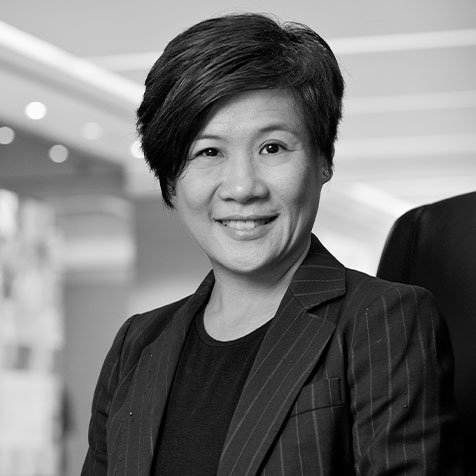
Audit and assurance partner, Deloitte Southeast Asia
Financial independence grants women the agency to break barriers and challenge stereotypes, but full potential cannot be unlocked without equipping women with the right tools and literacy, allowing them to participate productively in the workforce, closing the gender pay gap and fostering diverse leadership.
Unfortunately, the findings of Deloitte’s global “Women @ Work” survey – which has provided insights into the workplace experiences of women around the world since 2021 – have been consistently negative.
Since the pandemic, women have faced increasing exposure to non-inclusive behaviours, burnout and hybrid work challenges. Despite slight improvements last year, substantial work is still needed to truly empower women to thrive.
Zooming into Southeast Asia, we have found that, while many organisations have shifted towards hybrid work, they still struggle to provide the necessary flexibility in working hours.
Another regional barrier is traditional cultural beliefs and mindsets, requiring employers to help reduce stigma and champion mental health by creating a safe and inclusive workplace environment.
Among examples of programs curated by Deloitte to help women maximise their potential are the Young Leaders’ Challenge, aimed at promising female undergraduates, our SheXO Program, which supports women leaders’ personal and professional development, and our Board-Ready Women Program for senior women executives aspiring towards board positions.
We also have internal programs championing flexible work and career development aligned with Deloitte’s global diversity, equity and Inclusion strategy, “ALL IN”.
At a personal level, an intentional way I show my support is through mentorship and allyship, helping my team members and others outside Deloitte to grow in their careers, supporting them through day-to-day workplace challenges by showing encouragement, empathy and understanding.
Bianca Hartge-Hazelman
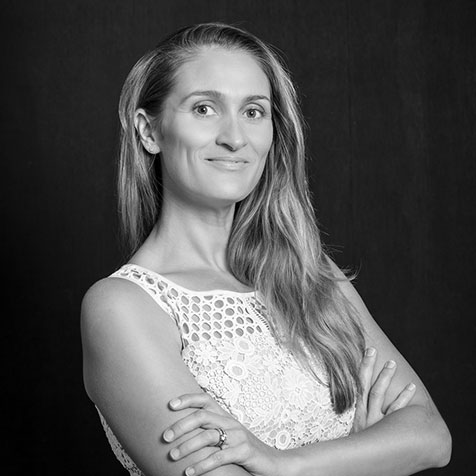
Co-founder and CEO, Financy
Raising awareness of the persistent economic inequalities for women is critical to driving action, but awareness needs to start in the school system.
If we can raise awareness of the issues among young women, rather than waiting until they get into the workforce and find out for themselves, they will have a better chance of making more informed decisions for their future, such as educational course selections. That can drive change faster.
Although the current Australian Government is making more noise about gender equity than previous governments, it is still falling drastically short.
More work is needed to break down workforce gender stereotypes, starting in schools. We still see, for example, young boys dominating in areas such as STEM. Challenging these gender norms and empowering girls in these areas really matters.
From a personal perspective, I’m most passionate about two things. One is the Women’s Index, a quarterly report we have been running for seven years that tracks and measures the economic progress of Australian women. The Women’s Index raises critical awareness on the time frames to economic equality across education, gender pay, the workforce, superannuation and leadership.
The other is a tool we have developed, called IMPACTER, that helps businesses improve their performance by measuring, action-taking and accountability across diversity, equity and inclusion. A great aspect is that it also enables the workforce of the business to get involved by giving feedback to leaders on the most effective ways to drive change.
Overall, the biggest trend I am seeing is progress, which is something that we must grab hold of, but it is frustratingly slow.
Victoria Devine
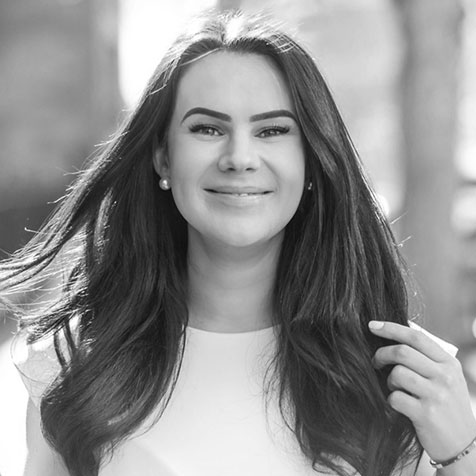
Author and podcaster, She’s on the Money
Economic empowerment is absolutely pivotal in creating a gender equal world. Through the podcast, I have seen so many women empowered in many different ways. For example, we are seeing more women becoming business owners or creating side hustles, which of course contributes to not only their own wellbeing and financial future, but also to strengthening our economy.
Women do still face obstacles. I mean, we know the gender pay gap still exists, which exhibits an obstacle in itself, but it is worth mentioning that financial literacy and education have come so far, particularly for women.
We know the stereotype exists out there that men should be the “breadwinners” in the household, taking care of the finances, and women make sure the family is in order, but definitely through the She’s on the Money community we are seeing more women wanting to be involved in both.
Just because you want to be across your finances, does not make you less “domestic” – it makes you smart! Money makes the world go round, and by understanding your financial circumstances you are putting yourself in a great position mentally.
Through the podcast, we are consistently empowering women to educate themselves and be confident in their financial futures – not only to control their salary, but empowering them to start their own business, invest for wealth creation, get a game plan if they find themselves in a situation where they need to leave, and so many more scenarios.
We see financial empowerment in our community every day, and it is really encouraging to see other businesses and industries identifying financial literacy as a priority.
